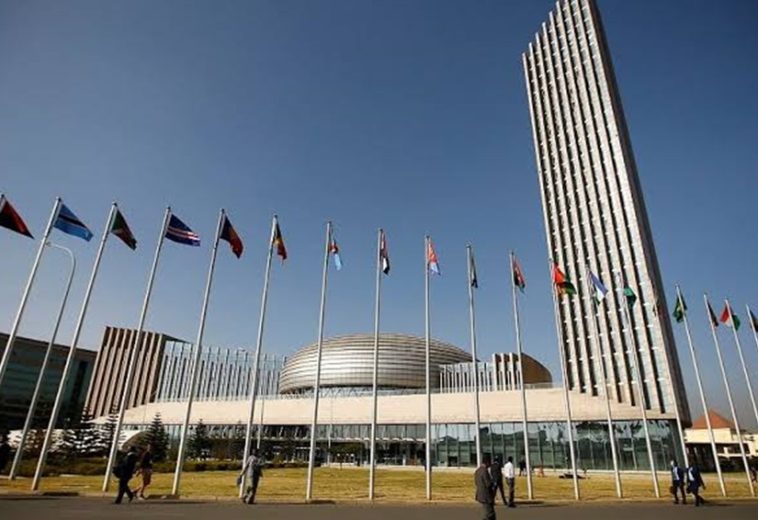Agriculture remains the backbone of Africa’s economy, employing a significant portion of the population and contributing substantially to the continent’s GDP. However, the sector faces numerous challenges, from low productivity and inefficient supply chains to the impacts of climate change. As global markets become increasingly interconnected, intra-African trade emerges as a vital tool for unlocking the full potential of Africa’s agricultural sector.
Despite the continent’s rich natural resources and agricultural potential, intra-African trade has historically been low compared to other regions. According to the African Development Bank, intra-African trade accounted for just 17% of Africa’s total trade in 2020, a figure far below the intra-regional trade seen in Europe (69%) and Asia (59%). Strengthening trade relations between African countries could stimulate agricultural productivity and drive economic growth across the continent.
READ ALSO: Strategies to Boost Intra-African Agricultural Trade Connectivity
Africa, despite possessing some of the most fertile land in the world, falls short in agricultural output per hectare. This is largely due to outdated farming practices, limited access to technology, inadequate infrastructure, and underdeveloped value chains. Many African farmers struggle to access markets beyond their borders, hindering their ability to benefit from economies of scale or diversify their crop production.
Intra-African trade can help overcome many of these challenges by improving market access, fostering regional value chains, and enhancing agricultural productivity through collaboration. The African Continental Free Trade Area (AfCFTA), launched in 2021, is a significant step forward in achieving these goals by removing tariffs and non-tariff barriers, simplifying customs procedures, and promoting regional cooperation.
Enhanced Market Access
Diversifying export opportunities allows farmers to reduce their dependence on local markets, which are often volatile and limited. For example, Kenya’s export-oriented horticultural sector can sell fresh produce to West African countries, where demand for high-quality fruits and vegetables is growing. Similarly, maize and grain-producing countries such as Zambia and South Africa can benefit from selling to regions like the Horn of Africa, which frequently faces food insecurity.
Intra-African trade also fosters the development of regional value chains that focus on each country’s strengths. Specialisation in particular crops or livestock enables more efficient agricultural production. For instance, Egypt and Morocco are major producers of cereals, Ethiopia is renowned for its coffee, and Côte d’Ivoire is one of the largest producers of cocoa.
By developing value chains that span multiple countries, Africa can create more efficient systems for processing, packaging, and distributing agricultural products. Cross-border investments in infrastructure, such as roads, railways, and storage facilities, will ensure these goods reach markets promptly and in optimal condition. For instance, establishing agro-processing hubs in West Africa could enhance the value-added output of products like cocoa and shea nuts.
Knowledge Sharing and Technology Transfer
Intra-African trade is also a powerful vehicle for technology transfer and knowledge exchange. Countries with successful agricultural models and technologies can share their expertise with neighbouring nations. For example, South Africa’s success in irrigation and mechanisation could be expanded to drought-prone areas of East and North Africa.
Attracting Investment
With increased intra-regional trade, Africa’s agricultural sector becomes a more attractive destination for investment. Governments, multinational corporations, and private investors are more likely to invest in agriculture when they see a larger, more integrated market. Intra-African trade agreements like AfCFTA simplify the process for foreign and domestic investors, allowing them to expand their reach to a wider pool of consumers.
Intra-African trade holds the key to unlocking Africa’s agricultural potential. By enhancing market access, fostering regional value chains, facilitating knowledge exchange, and attracting investment, intra-African trade can catalyse a transformation in the agricultural sector, boosting productivity, reducing poverty, and improving food security. As Africa continues to pursue economic integration through initiatives like the African Continental Free Trade Area, intra-African trade will undoubtedly play a crucial role in driving sustainable growth across the continent.




